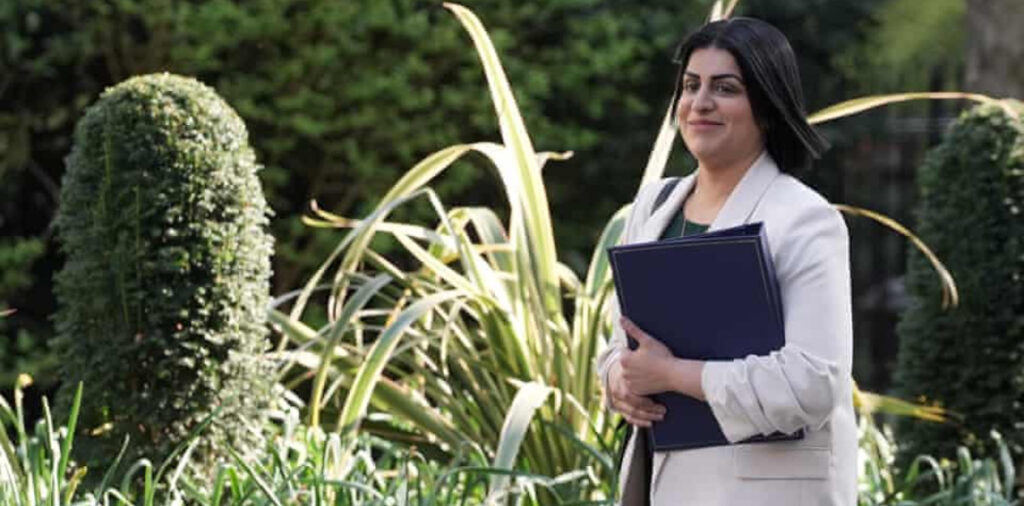Children as young as 15 could be subjected to Pava spray—a synthetic form of pepper spray—under new measures authorised by Justice Secretary Shabana Mahmood, sparking outrage among youth justice advocates and human rights organisations.
The controversial decision permits the use of Pava spray in three youth offender institutions (YOIs) across England and Wales for a 12-month trial period, igniting fresh debate over safety, discrimination, and the criminal justice system’s treatment of minors.
The Ministry of Justice confirmed that staff at Feltham A, Werrington, and Wetherby YOIs will be specially trained to deploy the spray in limited, high-risk situations. The decision comes amid rising violence and assault rates in youth custody centres, but critics warn the move could lead to the normalisation of violence against vulnerable children in state care.
Justice Secretary Defends Spray Use Amid Safety Fears
In a written statement to Parliament, Mahmood said the policy was introduced “to urgently prioritise safety,” calling the use of Pava “a vital measure” in managing escalating violence among youth inmates. According to senior officials, a growing number of gang-affiliated inmates and increasing weapon use have driven the need for protective tools.
But human rights advocates argue that arming officers with Pava sends the wrong message. The spray, which causes intense eye pain and skin irritation for up to 40 minutes, was first rolled out in men’s prisons in 2018 and has since drawn criticism for its disproportionate use against ethnic minorities and people with disabilities.
Reform Groups Condemn ‘Failure of the System’
The Howard League for Penal Reform has indicated it may challenge the policy in court. Chief executive Andrea Coomber said the move highlights a failing system that locks up boys for up to 23 hours a day without meaningful education or support.
Pia Sinha of the Prison Reform Trust added that deploying Pava in youth settings poses a “real risk of misuse,” particularly without independent oversight. She urged the government to adopt local authority-led reviews of every incident involving the spray.
Disproportionate Use Against Minorities
Data from 2022 shows clear racial disparities in the use of Pava across adult prisons, where 43% of those sprayed were Black British prisoners, despite representing only 13% of the population. Similarly, 34% of sprayed individuals were Muslim, though Muslims comprise just 18% of the prison population.
Campaigners fear similar patterns may emerge in YOIs, which hold between 300 and 400 children aged 15 to 18, many from disadvantaged or care backgrounds.
Escalating Violence and Calls for Reform
Figures released this week reveal 534 assault incidents between October and December 2024 across YOIs, secure schools, and training centres—14 times higher than adult prison rates. Inspectors report that only one in five YOIs is currently considered “safe,” with institutions plagued by disorder and weak educational provision.
Despite the official justification, the move has been denounced by Dame Rachel de Souza, the Children’s Commissioner, and over 37 organisations including Barnardo’s and the Alliance for Youth Justice (AYJ). In a joint statement, they argued the decision “reflects a broader failure to address systemic issues” and may worsen conditions for both staff and children.
Government Says Oversight Is in Place
An MoJ spokesperson claimed that the Pava review process is independent and led by an external chair, though critics argue that such assurances fall short of guaranteeing impartial accountability.
As the debate intensifies, legal challenges and public scrutiny are expected to grow, placing pressure on ministers to rethink their approach to youth custody safety and reform.


